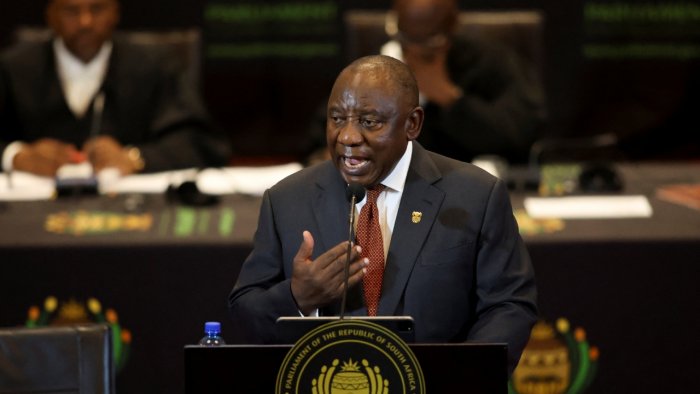Cyril Ramaphosa, the president of South Africa, declared a state of disaster, on last Thursday, citing crippling power shortages and an economy ravaged by the pandemic and the existential threat it poses to the country’s social fabric.
In his annual State of the Nation address, the president stressed the need to strengthen central coordination and flagged that the imposition of the “state of disaster” would enable central authorities to exempt crucial infrastructures—for instance, hospitals—from load-shedding.
Furthermore, the declaration enables the government to buy additional power from neighboring states on an emergency basis.
“Without a reliable supply of electricity, our efforts to grow an inclusive economy that creates jobs and reduces poverty will not succeed,” the South African president stated.
“Our country has, for many months, endured a debilitating electricity shortage that has caused immense damage to our economy. Now, persistent load shedding is impeding our recovery from the effects of these events,” he added. The energy crisis began in 2008 and has worsened significantly since last year. (Aljazeera)
This crisis saw the sole state-owned electricity provider, Eskom, crippled financially and plagued by unbridled corruption for over a decade. Regular massive breakdowns at the power stations followed it.
As a result, large parts of the country have limited or no water supply, which impedes livelihood chores and negatively impacts businesses.
Furthermore, he has announced that an electricity minister will be appointed to oversee the crisis.
Apart from the appointment of an electricity minister, he later mentioned the ‘Electricity Regulation Amendment Bill,’ which will be tabled to transform the energy sector and establish a competitive electricity market.
“One of the potent reforms we have embarked upon is to allow private developers to generate electricity. There are now more than 100 projects, which are expected to provide over 9000 MW of new capacity over time,” President Ramaphosa added.

